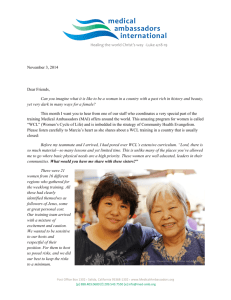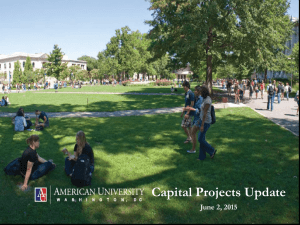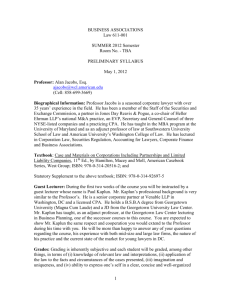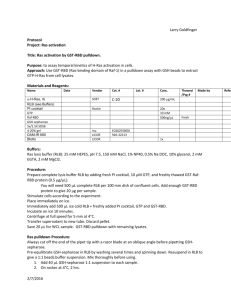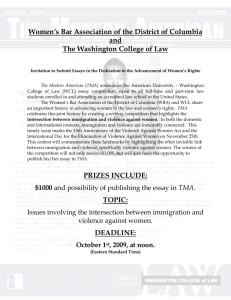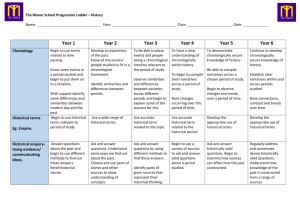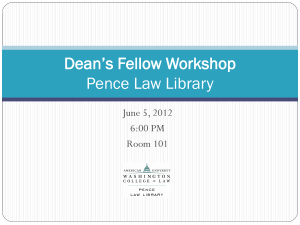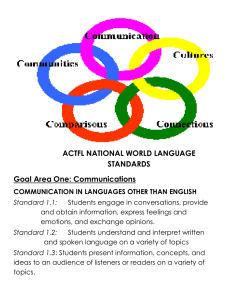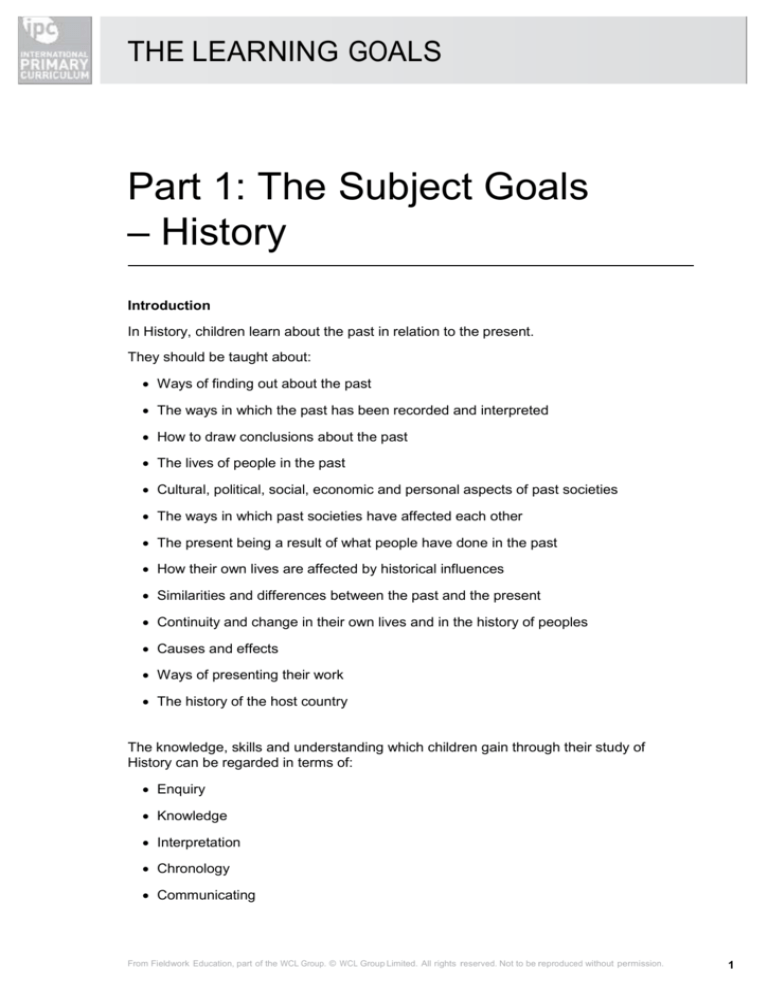
THE LEARNING GOALS
Part 1: The Subject Goals
– History
Introduction
In History, children learn about the past in relation to the present.
They should be taught about:
Ways of finding out about the past
The ways in which the past has been recorded and interpreted
How to draw conclusions about the past
The lives of people in the past
Cultural, political, social, economic and personal aspects of past societies
The ways in which past societies have affected each other
The present being a result of what people have done in the past
How their own lives are affected by historical influences
Similarities and differences between the past and the present
Continuity and change in their own lives and in the history of peoples
Causes and effects
Ways of presenting their work
The history of the host country
The knowledge, skills and understanding which children gain through their study of
History can be regarded in terms of:
Enquiry
Knowledge
Interpretation
Chronology
Communicating
From Fieldwork Education, part of the WCL Group. © WCL Group Limited. All rights reserved. Not to be reproduced without permission.
1
THE LEARNING GOALS
Subject goals
Milepost 1
By the end of the school year in which they are 7, the vast majority of children will:
1.1
Know stories about a range of people who have lived in a variety of cultures in the
past
1.2
Know about a range of events that have happened in the past
1.3
Be able to ask and answer questions about the past
1.4
Be able to use key words and phrases relating to the passing of time
1.5
Be able to order events and objects into a sequence
1.6
Be able to identify differences between their own lives and those of people who
have lived in the past
1.7
Be able to find out about aspects of the past from a range of sources of
information
1.8
Be able to communicate their historical knowledge and understanding in a variety
of ways
1.9
Understand that events and people’s actions have causes and effects
1.10 Understand that the past is represented in a variety of ways
Milepost 2
By the end of the school year in which they are 9, the vast majority of children will:
2.1
Know about the main events, dates and characteristics of the past societies they
have studied
2.2
Know about the lives of people in those periods
2.3
Know about the main similarities and differences between the past societies they
have studied
2.4
Be able to give some reasons for particular events and changes
2.5
Be able to gather information from simple sources
2.6
Be able to use their knowledge and understanding to answer simple questions
about the past and about changes
2.7
Understand that the past can be considered in terms of different time periods
2.8
Understand that the past has been recorded in a variety of different ways
From Fieldwork Education, part of the WCL Group. © WCL Group Limited. All rights reserved. Not to be reproduced without permission.
2
THE LEARNING GOALS
Milepost 3
By the end of the school year in which they are 12, the vast majority of children will:
3.1
Know that the study of history is concerned with the past in relation to the present
3.2
Know about the characteristic features of particular periods and societies
3.3
Know about the general history of the host country
3.4
Know about the general history of their home country
3.5
Know about the characteristic features of a particular period in the history of the
host country
3.6
Know about the ideas, beliefs, attitudes and experiences of people in the past
3.7
Know about the social, cultural, religious and ethnic diversity of the periods
studied
3.8
Know the terms associated with the periods they have studied
3.9
Be able to enquire into historical issues and their effects on people’s lives
3.10 Be able to find out about aspects of the past from a range of sources
3.11 Be able to describe and identify reasons for and results of historical events,
situations, and changes in the periods they have studied
3.12 Be able to describe and make links between the main events, situations and
changes both within and across periods
3.13 Be able to describe how the history of the host country affects the lives of people
who live there now
3.14 Be able to describe how the history of one country affects that of another
3.15 Be able to ask and answer questions about the past
3.16 Be able to select and record information relevant to an historical topic
3.17 Be able to place the events, people and changes in the periods they have
studied into a chronological framework
3.18 Be able to use dates and terms relating to the passing of time
3.19 Be able to communicate their knowledge and understanding of history in a variety
of ways, making appropriate use of dates and historical terms
3.20 Understand how some aspects of the past have been represented and interpreted
in different ways
3.21 Understand that historical sources can be different from and contradict one
another and that they reflect their context of time, place and viewpoint
From Fieldwork Education, part of the WCL Group. © WCL Group Limited. All rights reserved. Not to be reproduced without permission.
3
THE LEARNING GOALS
From Fieldwork Education, part of the WCL Group. © WCL Group Limited. All rights reserved. Not to be reproduced without permission.
4

